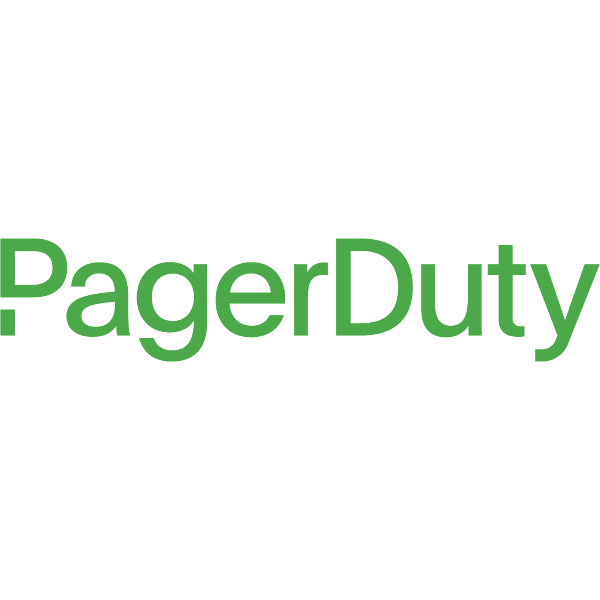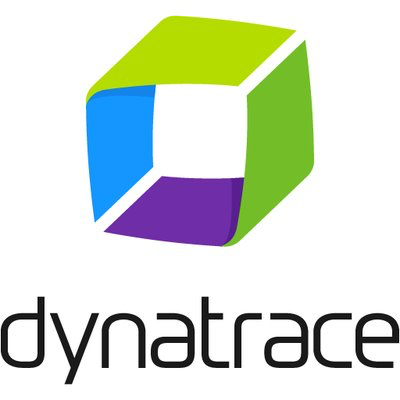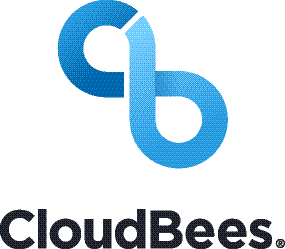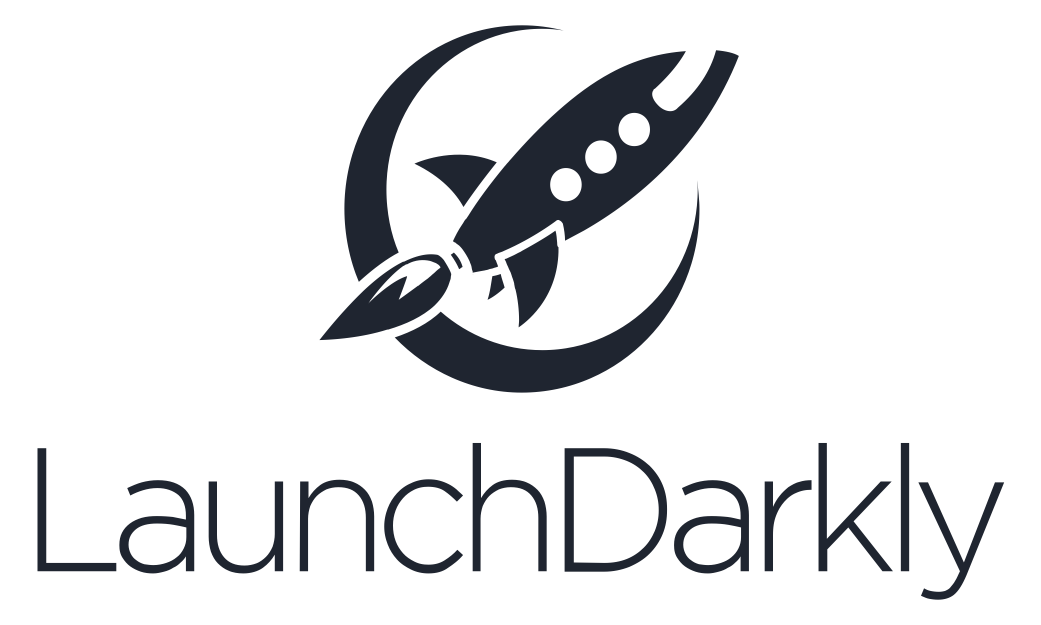Creepy stuff with anonymous data
Online personas
They connect you to what you use. Most of us have a few online personas to help protect our identities and compartmentalise our online activities.
You probably have a facebook, linkedin, maybe a twitter for keeping in touch. If you watch online media you likely have a youtube and comment occassionally, maybe even broadcast. If you game you likely have a Twitch or Azubu account to watch, comment on, or even stream.
For the more personal stuff you might even have an instagram, snapchat, whatsapp, ask.fm, or kik. Perhaps a POF, OKcupid, or bumble account too.
And everyone here has reddit.
You probably even have a few accounts on some these networks.
For most of us nice little compartmentalize areas of our life.
Whats the issue?
One slip up is all it takes to connect and bridge these personas. It could be as simple as an accidental leak by pasting a URL in a chat or comment (even a later deleted comment), or something longer term of like date/time use of a service, or what locations you use the services from.
Every activity you do online is leaving a unique fingerprint. These services provide mountains of data for collection to those with the resources to collect and process it. Taken together you can be profiled, and these services can gain confidence in telling YOU apart from HER or HIM.
This leaves you vulnerable. The risk is a social one, and potentially embarrassing or career maiming when the online personas can be bridged by 3rd parties.
What will we talk about?
Some of the methods data harvesters use to figure this stuff out. What they collect, how its used, and how that information translates into a fingerprint.
This wont be a comprehensive list of methods, its not a How-To on doing this. Nor will we get deep into the truly weedy and murky world of making predictions using forensic multivariate analysis. Know it exists, we’ll cover the basics.
Speaker

Donald Donovan
Technologically promiscuous janitor (aka, architect) with an over active interest in data and peoples behaviours.
Professionally I do performance analysis, assessments, data analysis, architecture
...























